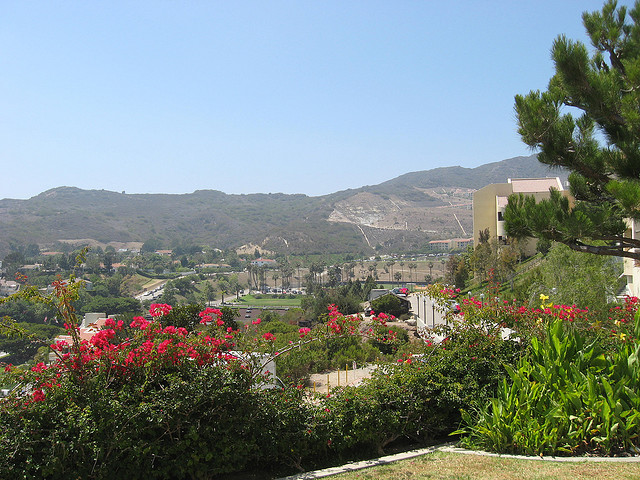Major Civic Health Study Ranks California Civic Participation

California matches the voting average in national elections (63.4 percent to 63.6 percent respectively) and 47.8 percent in midterm elections. The state is ranked 42nd in its voter registration rate and is below the national average in community political discussion and volunteering.
Pete Peterson, Executive Director of the Davenport Institute for Public Engagement and Civic Leadership at the Pepperdine School of Public Policy, says people must look at how Californians are responding to “the challenges to [them] being so dramatic.”
The 2010 California Civic Health Index was released on Wednesday by the congressionally chartered National Conference on Citizenship, in conjunction with the Pepperdine University’s Davenport Institute, California Forward and the Center for Civic Education.
Released a week after the Nov. 2 midterm election, the third annual study looks at two areas of civic activity – political civic engagement (voting, registering to vote) and social civic engagement (volunteering, group membership).
California is one of 13 states studied this year using voting data from 2008. The California index compares it to New York and Texas due to similarity in size and ethnic diversity.
Peterson acknowledges California is ranked 46th in talking to friends and family regularly about politics and 44th nationally in the number of people involved in religious or sports groups. Both statistics rank California lower than New York and Texas.
Still, Peterson says to look at new trends involving social civic engagement--including increased volunteering and community participation--which tends to correlate with increased political involvement.
Over the last three years, social engagement has been mostly positive, growing nine percent versus the nation’s two percent. “I see that continuing to grow,” Peterson said. He said studies are “finding cities underneath great fiscal stress looking to citizens.” Local city and county governments are looking for ways to “involve their residents in more direct ways,” whether through parks, libraries, schools, or other places.
Because of the state's poor fiscal situation, Peterson says “cities are actively demanding and seeking ways” to get residents involved. He suggests it may be as simple as keeping a library open on Saturdays or a local botanical club taking over the maintenance of a park.
An increase in social civic engagement comes from both a more direct push from the government to solicit residents and a natural push from a demographic shift. The shift comes from two main age groups – the millennial generation seeking to volunteer more and the retiring Baby Boomer generation looking for ways to be involved.
Particularly in the millennial generation, Peterson says he is beginning to see fiscal issues directly impacting high school and college students, whether in a potential 15-16% tuition hike at UC schools or the impending future of social security. “It’s hitting them in the pocket,” Peterson says.
Yet despite “somewhat disappointing” national rankings, Peterson sheds some optimism that perhaps will encourage the public to push themselves in social and political civic engagement.
Voter registration and volunteering numbers are improving at rates greater than the U.S. average and its comparable counterparts, New York and Texas.
Peterson anticipates an increasing trend as people become more aware of the issues and feels a push to participate in their communities. Not only will engagement grow, but Peterson foresees California becoming an example for other states. “I definitely see us setting a course for the rest of the country.”



